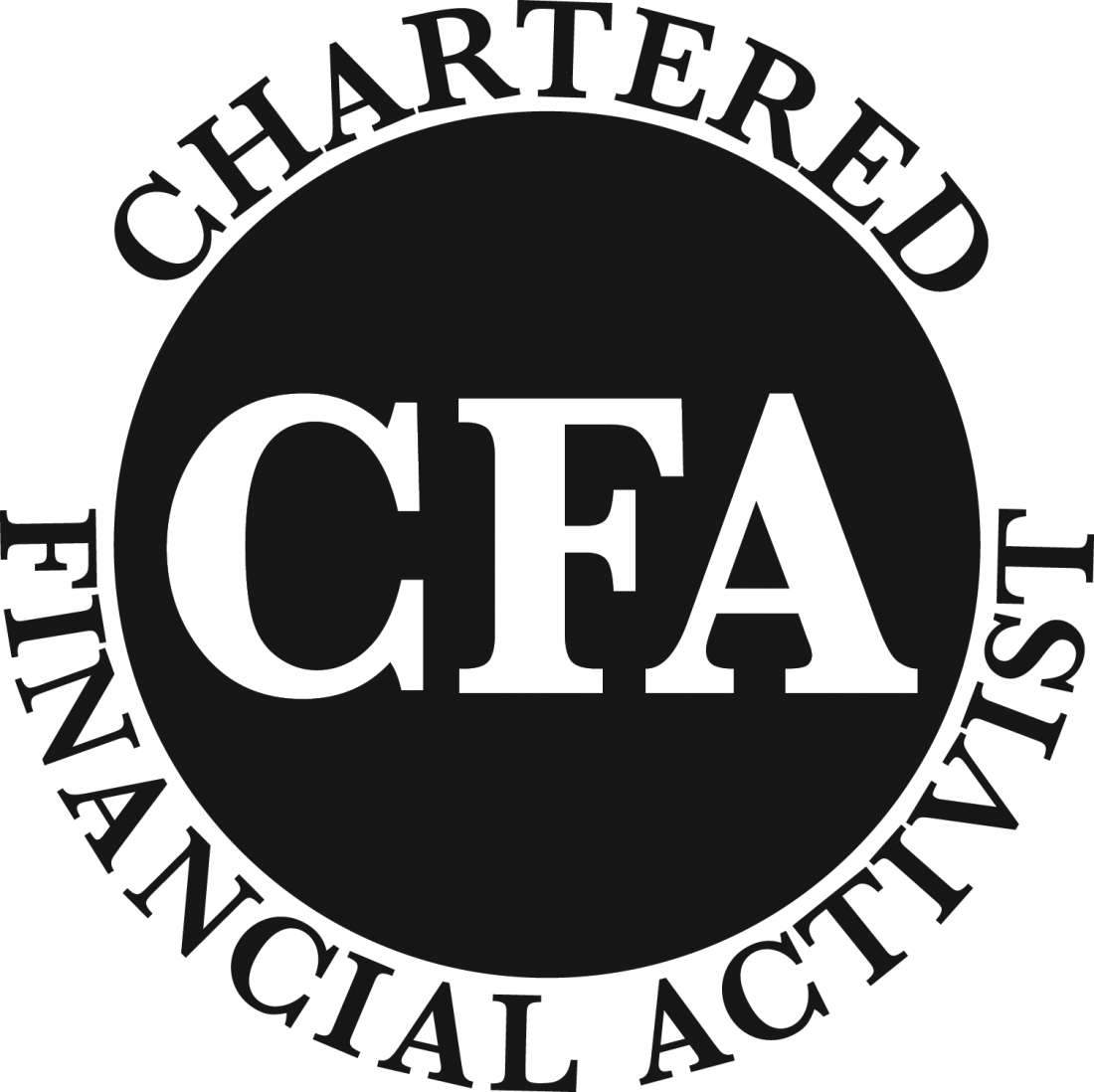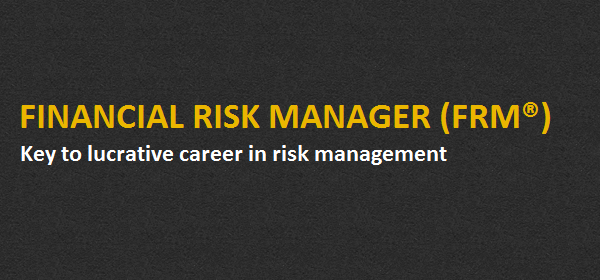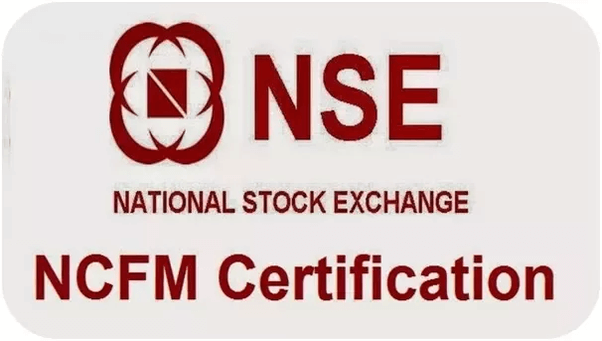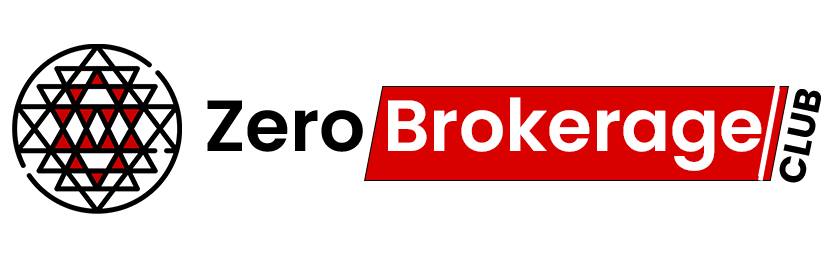Discover Exciting Opportunities in Financial Markets
A career in financial markets, especially in stock markets, is now a sought-after option for both recent graduates and professionals seeking a change. Banks, hedge funds, and mutual fund companies offer lucrative prospects for individuals skilled in this domain. The compensation packages are highly competitive.
Various certifications related to the stock market can validate and enhance your expertise, making you stand out in the job market. These certifications are not only for financial professionals but also for those from diverse backgrounds interested in learning about stock markets.
Here are the top 5 stock market certification exams:
Chartered Financial Analyst (CFA)

The CFA certification, offered by the American-based CFA Institute, is one of the most recognized and popular certifications in financial markets. Candidates who successfully complete this challenging exam receive the esteemed ‘CFA Charter.’ The certification encompasses various topics, including stocks, bonds, derivatives, and interest rates. It boasts a reputation for its low pass rate, with only 120,000 CFA Charterholders worldwide as of 2014. Top employers of CFA Charterholders include UBS, JP Morgan, Citigroup, Morgan Stanley, and BlackRock. They conduct the CFA certification online in three levels. Learn more about the CFA curriculum and fees here.
Financial Risk Manager (FRM)

The Global Association of Risk Professionals (GARP) internationally recognizes the FRM certification. It is particularly valuable for those interested in risk management, whether it’s credit risk, market risk, or liquidity risk. FRM holders perform various risk management functions in investment banks, asset management firms, corporations, and government agencies. To achieve certification as a Financial Risk Manager, candidates need to successfully pass both the Part I and Part II exams, coupled with a minimum of two years of full-time work experience in relevant positions. Find more information about the FRM certification here.
Chartered Market Technician (CMT)
The CMT certification, offered by the Market Technicians Association (MTA) in the USA, is ideal for those aiming for a career in technical analysis and chart reading. This certification, conducted in three levels, evaluates fundamental and advanced concepts of technical analysis, Dow theory, and chart patterns. Due to the growing importance of technical analysis, CMT is highly sought after by hedge funds and other financial institutions. To earn the CMT charter, candidates must be MTA members, successfully complete the three levels of exams, and obtain approval from the MTA Admissions Committee and Board of Directors. Learn more about the CMT certification here.
NCFM and NISM from the National Stock Exchange of India

NCFM and NISM are online testing and certification programs offered by the National Stock Exchange of India. These programs are suitable for beginners in the stock market who want to learn and evaluate their skills. They offer modules for various skill levels, covering all aspects of capital markets. These certifications are cost-effective alternatives to internationally recognized certifications like CMT and CFA. Although not recognized internationally, they are valuable for assessing and expanding your knowledge. You can explore our articles on these certifications:
Beginner’s Guide to NCFM Financial Markets
Experience with NCFM – Technical Analysis Module
Chartered Financial Technician (CFTe)
The CFTe certification, similar to CMT, is designed for individuals interested in technical analysis. It is especially recognized in Europe and the UK. This certification emphasizes self-study and includes examinations at the end of levels I and II. Upon successful completion of both levels, candidates attain the “CFTe” designation, signifying their comprehensive understanding and adeptness in applying advanced technical analysis concepts and tools The certification is currently offered in English, German, and Spanish, with plans to add Arabic and Chinese in the future. Find more information about CFTe here.





One Comment